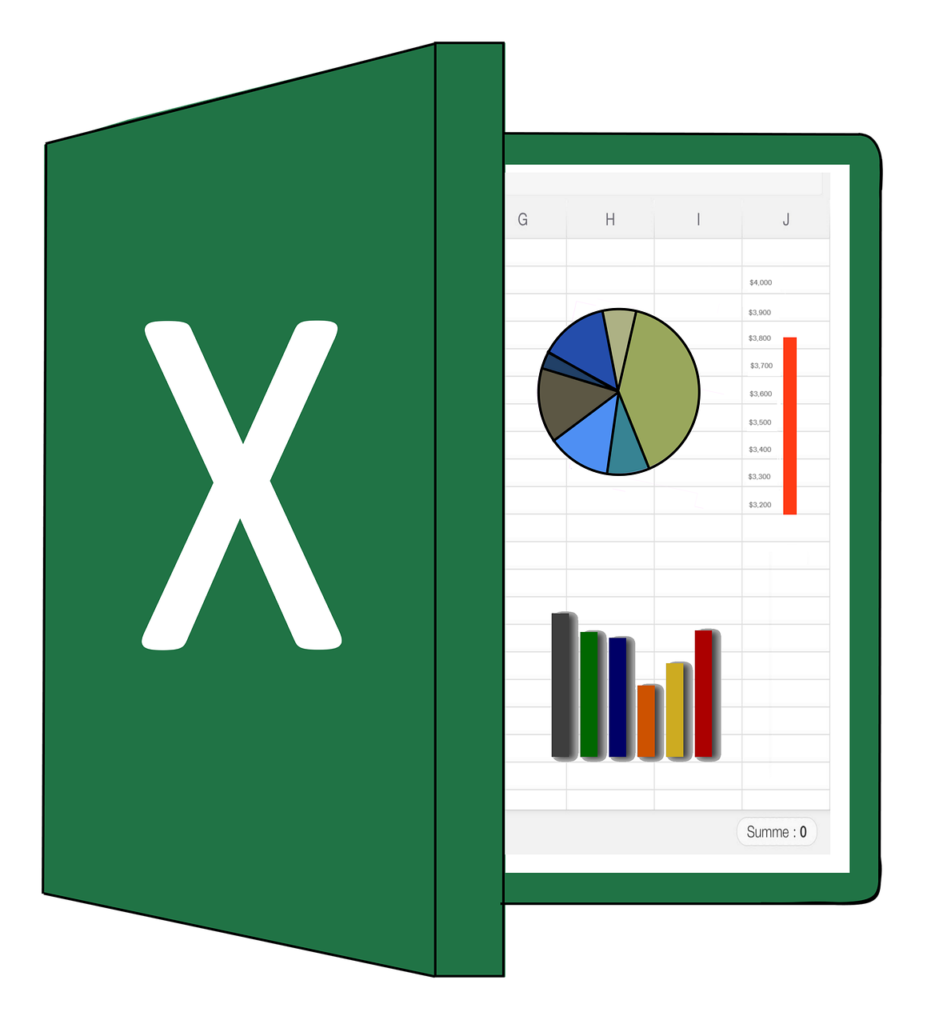As a small business owner, it can be overwhelming to decide on the best way to manage your accounts.
You want to make sure you are organised, efficient, and most importantly, compliant with all accounting regulations.
One question many small business owners have is whether it is okay to use a spreadsheet for their accounts.
This post will explore the pros and cons of using a spreadsheet and provide some advice to help you make an informed decision for your business.
Pros:
One of the biggest advantages of using a spreadsheet for your accounts is the increased flexibility it provides.
You can customise your spreadsheet to meet your specific business needs, including adding formulas and creating graphs to track your financial data.
Additionally, spreadsheets can be easily updated and accessed from multiple devices.
With cloud-based spreadsheet software, like Google Sheets, you can collaborate with your accountant or bookkeeper in real time, making it easier to stay on top of your finances.
Cons:
Although spreadsheets can be a great tool for organising your accounts, they also have some limitations. For example, spreadsheets can quickly become complex and challenging to manage.
As your business grows, and your financial data becomes more extensive, you may need to upgrade to a more advanced accounting software to ensure accuracy and compliance.
Additionally, spreadsheets may not offer the same security features as dedicated accounting software, opening your business to potential data breaches or cyber-attacks.
Advice:
While using a spreadsheet for your accounts can be a viable option, it is essential to consider the needs of your business carefully.
If you are just starting out and have basic accounting needs, a spreadsheet may be sufficient.
However, as your business grows, you may need to transition to a more sophisticated accounting software solution.
To ensure you are making the right decision for your business, it is recommended to consult with an experienced accountant or bookkeeper.
Additional Options:
If you are hesitant about using a spreadsheet or feel it may not be the best option for your business, there are other accounting software solutions available.
Many options offer a more automated approach to accounting, with features such as automatic bank feeds, invoicing, and payment processing.
Some popular accounting software options include QuickBooks, Xero, and FreshBooks.
These solutions provide a more comprehensive approach to accounting, allowing you to manage your accounts more effectively and efficiently.
In conclusion, using a spreadsheet for your accounts can be an effective solution for small businesses. It provides increased flexibility and can be a cost-effective option.
However, as your business grows and your financial data becomes more complex, it may not be the most efficient or secure option.
It is essential to consider the needs of your business carefully when deciding on the best accounting solution.
Consult with an experienced accountant or bookkeeper to ensure you are making the right decision for your business.

